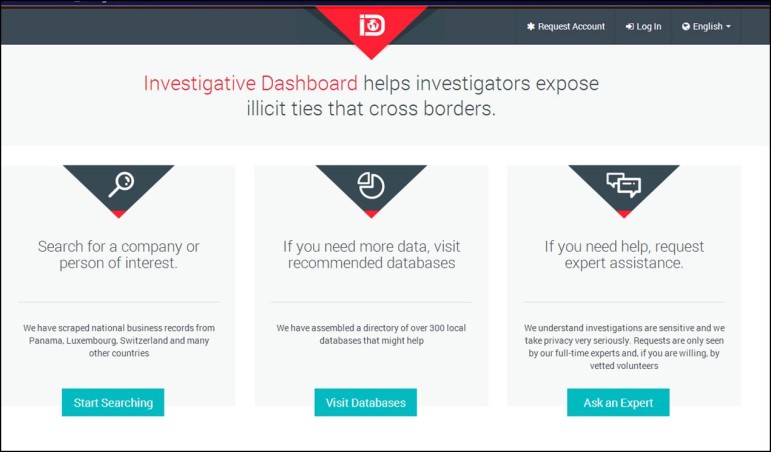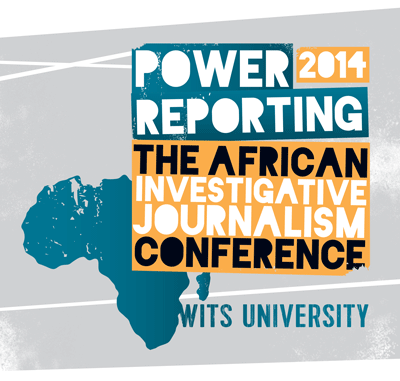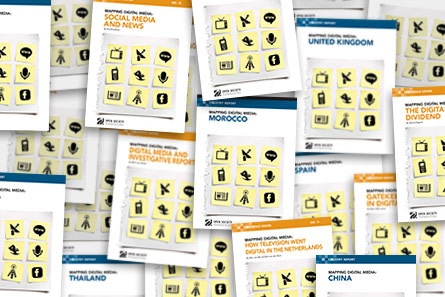
Posts


Top Ten #ddj: The Week’s Most Popular Data Journalism Links
What’s the data driven journalism (#ddj) crowd tweeting about? Here are the week’s Top Data Journalism Links on Twitter (for September 18-25), including items from BBC, The Guardian, and JeuneAfrique, among others.

Methodology
When Comedy Meets Muckraking: “Fake” News Gets Investigative
You’ve probably seen the spoof broadcasts of The Daily Show and similar “fake” TV news programs: the realistic sets, the bogus “live” shots from overseas hot spots, the absurd interviews. While steeped in wisecracks and satire, the shows have a hard political edge and often stir controversy. Increasingly, in the absence of serious news from the “real” news media, they also are getting into actual journalism, prompting one scholar to call the phenomenon “investigative comedy.”

Reporting Tools & Tips
How Can Online Research Tools Help Investigative Reporters?
How can online research tools aid the work of investigative reporters and others looking into transnational financial flows, corporate structures and other illicit activities of organized crime and global business? Google and the Organized Crime and Corruption Reporting Project (OCCRP) brought together a small group of investigative journalists and technologists from around the world to examine the answers to this question at their first Investigathon in London last month.

News & Analysis
Open Data Is Not Open for Business
Open Data should be Open, right? When I read “Open Data” I think it means the data can be used openly by anyone for any purpose. But it ain’t so. Read the fine print in the terms and conditions and you’ll quickly realize that Open Data really means wide open liability. How on earth can Open Data restore trust in government if the governments publishing their own Open Data won’t even accept responsibility for the quality of what they publish?

News & Analysis
World Hits 100 Freedom of Info Laws, but Challenges Abound
The civil society movement campaigning for government openness reached a significant landmark yesterday with the Latin American country of Paraguay enacting the world’s 100th access to information law. Twenty years ago, in 1994, there were just 15 access to information laws globally. But “there are still many challenges ahead,” says Helen Darbishire of Access Info Europe. “The quality of access to information laws varies enormously. There is insufficient transparency in practice and we urgently need more comparative data on how these laws are working.”
Resource
Top Ten #ddj: The Week’s Most Popular Data Journalism Links
What’s the data driven journalism (#ddj) crowd tweeting about? Here are the Top Data Journalism Links on Twitter for the last two weeks, September 3-17. Included are items from the crowdsourcing, cross-border project Generation E; Detective.io; ICIJ; Switzerland’s Le Temps; and Germany’s CORRECT!V, FAZ, and Berlin Morning Post.
Resource
The Digital Switch: Citizen Journalism, Minority Coverage
Citizen reporters have played a notable role in journalism in developed countries such as France and the United States, and emerging markets such as China, India, Jordan, Estonia, and Nicaragua. Citizen reporters are using the internet, video, mobiles, and other digital tools to gather information, interview people, watch events, seek comments from experts, and publish their stories via blogs, videos, Wikipedia, and other platforms.

News & Analysis
“Power Reporting” – Africa’s Investigative Journalism Conference
Africa’s premier investigative journalism, Power Reporting, returns to Johannesburg, South Africa, this November 3-5. The annual event is organized by the Journalism Programme of the University of the Witwatersrand (Wits University), a GIJN member. The three-day conference is an opportunity to learn new skills, hear about the top investigative stories and share experience on investigative techniques, data journalism, and more.
Resource
Journalism and Digital Times: Wider Reach and Sloppy Reporting
Digitization is one of the primary driving forces behind recent changes in journalism, including news values, professional ethics, workflows, working conditions, and newsroom management. The Mapping Digital Media study shows that digital media have not only changed journalism practices in developed countries but have also significantly shaped the way journalists work in emerging markets. Digital media bring opportunities, risks, and challenges to journalism. While digitization facilitates news gathering and dissemination, it does not necessarily foster better journalism. Plagiarism, lack of verification, and other unethical journalistic practices have increased alarmingly in many countries.


